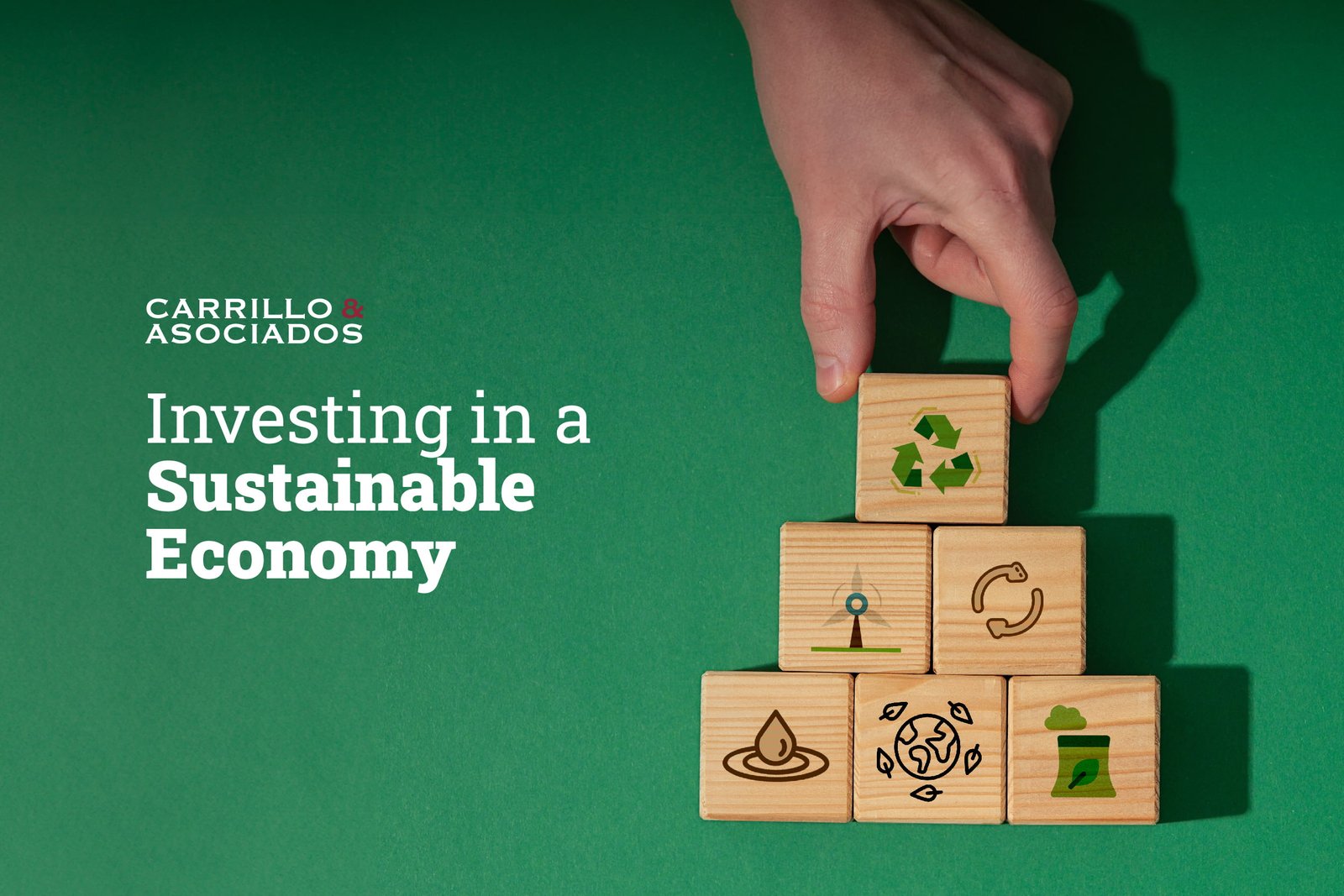
Environmental and social sustainability is a major economic trend and offers a range of investment opportunities. International treaties such as the Paris Agreement have fostered a global commitment to reduce carbon emissions and invest in green business models.
Given its geographic location, natural resources, biodiversity and natural reserves, Guatemala is an attractive destination for investors seeking economically, environmentally and socially viable opportunities.
Below, we share some sustainable projects in Guatemala and recommendations to mitigate risks when investing.
Opportunities in Guatemala
The way to invest in sustainable development projects may vary depending on the type of project. Guatemala has an open legal framework for investors, and it will be easy to buy treasury bonds, participate in investment funds and companies that have environmental, social and governance (ESG) criteria.
Here are some options:
1. Renewable Energy
In 2023, 66.2% of Guatemalan electric generation came from renewable sources. The Ministry of Energy and Mining (MEM) aims to increase this percentage to 80% in the coming years.
In the third quarter of 2024, a tender for 1,000-1,200 megawatts (MW) will open. This bidding process, known as PEG-5, will focus on renewable energy sources such as green hydrogen, which already has tax incentives for the construction and operation stages.
2. Electric Vehicles
The vehicle trade and repair sector is booming in Guatemala. According to the Bank of Guatemala, 20.5% of Foreign Direct Investment (FDI) in 2023 was destined towards this industry. The Association of Importers and Distributors of Automotive Vehicles (AIDVA) anticipates that the demand for vehicles will increase in the coming years.
That said, the sale and purchase of electric, hybrid and hydrogen cars and their parts and spare parts present business opportunities. In 2022, Congress approved the Electric Mobility Incentives Law (Decree 40-2022) which provides tax exemptions.
Some examples include:
- The exemption of the Value Added Tax (VAT) on the import of vehicles and their first sale.
- VAT exemption on the import of materials for the installation of electric and hydrogen charging stations in the pre-investment and construction period (maximum of two years).
- The 100% reduction of Income Tax (ISR) and VAT for companies that provide public transportation services with electric, hybrid or hydrogen vehicles, for a period of 10 years.
- Decrease of a percentage of the circulation tax, depending on the year of the vehicle.
These incentives will be effective until August 29, 2032. The exemption percentages vary over the years.
3. Affordable Housing
The Integrated Urban Housing Modules (Muvis) are a series of real estate projects that seek to build affordable apartments in central locations of the capital city. They address a high unmet demand for affordable housing.
These buildings will be built in the metropolitan perimeter, near public transportation stations, schools and jobs. This is especially important in a country where around 2.2 million homes do not have adequate material conditions and/or access to basic services, according to an analysis conducted by the National Association of Housing Builders (Anacovi).
4. ESG Bonds
On July 29th, the Ministry of Finance (Minfin) placed US$1.4 billion in green bonds in the international market. This is the first time Guatemala has issued ESG bonds.
The objective of these bonds is to attract investors interested in supporting initiatives that have a positive social and environmental impact. The government has developed a Sustainable Financing Framework that details where the funds will go, which includes: programs to combat malnutrition, water sanitation and waste management, and biodiversity protection, to name a few.
Guatemala is recognized for its macroeconomic stability and low levels of public debt[1], so this may be an opportunity to invest in sustainable projects.
Due Diligence and Risk Prevention
After you’ve selected a project, the next step is to identify and mitigate its risks. To do so, we suggest:
- Conduct a due diligence to assess risk and potential return on investment. This step is especially important to understand the financial health and legal situation of the project, the regulations of the sector, whether it faces social conflict, among other factors.
- Hire financial and legal advisors who can document the investment and minimize risks.
- Hire financial and legal advisors who can document the investment and minimize risks. Actively participate in project management and monitoring, ensuring that sustainable goals are met. This prevents your project from being singled out for greenwashing, i.e. leading the public to believe that a company does more to protect the environment than it actually does.
This way, you can start your project by anticipating scenarios that compromise profitability and environmental and/or social objectives.
Investing in Guatemala offers a unique combination of economic opportunities and competitive advantages. By adopting sustainable practices, investors can ensure not only the profitability of their investments, but also their positive contribution to the development of the country and the planet.
If you have any questions or require more information, we are at your service.
[1] Wanting International Monetary Fund projects that Guatemala will have a gross central government debt of 27.4% in 2029, a figure that places it below the global average.

